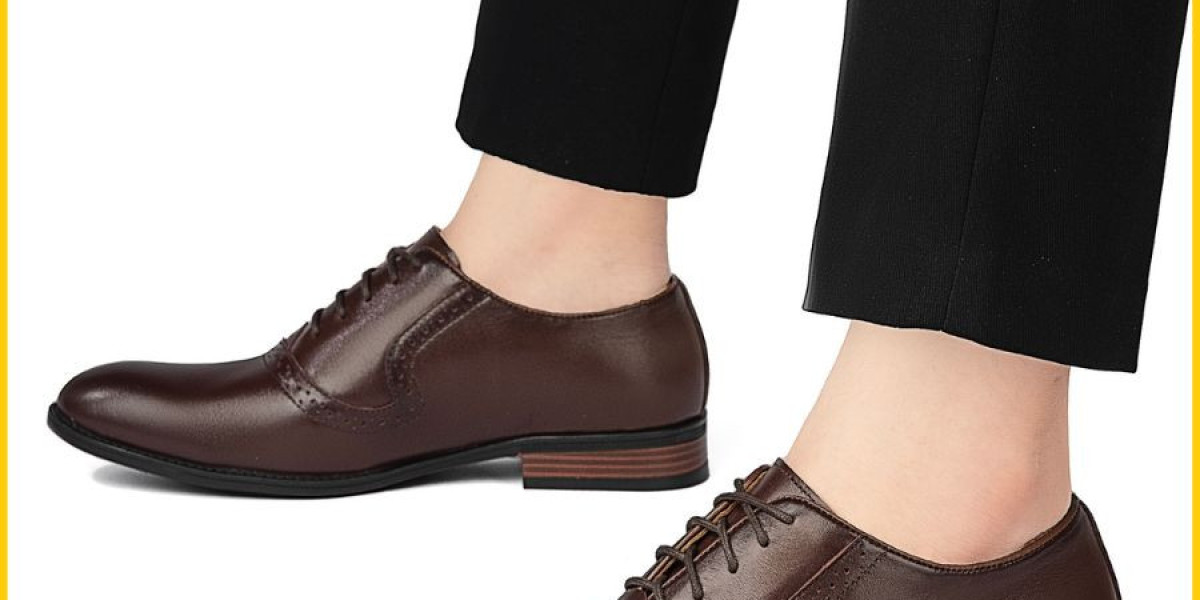Restaurants, cafes, and catering businesses are rethinking their utensil choices as they shift towards more sustainable operations. Among these shifts, eco-friendly straws have become a symbol of conscious dining, balancing customer satisfaction and environmental responsibility. Soton Straws offers a wide range of straw materials to cater to diverse beverage types and presentation styles.
For cold beverages like iced coffees, smoothies, and soft drinks, paper and PLA straws remain among the most practical solutions. Paper straws are appreciated for their biodegradability and are well-suited for quick-service drinks. Soton Straws enhances performance by offering double-layered or coated paper variants that resist sogginess, extending usability without compromising eco-friendliness. Meanwhile, PLA straws provide a similar experience to plastic and are ideal for larger-diameter applications like bubble tea, thanks to their smooth bore and structural integrity.
Reusable materials such as silicone and metal are popular choices in cafes and restaurants looking to reduce single-use waste. Silicone straws are flexible, gentle on teeth, and safe for both hot and cold beverages. Soton Straws supplies food-grade silicone straws in various colors, allowing businesses to personalize drink presentation while promoting reusable options. Stainless-steel straws, with their sleek appearance and durability, are commonly used in cocktail bars and high-end eateries. They convey an upscale image while aligning with eco-friendly straws initiatives.
For venues offering organic juices, herbal teas, or artisanal beverages, natural materials like wheat, reed, and bamboo straws add an earthy, authentic touch. Wheat straws are crafted from the stems of harvested wheat plants, making them fully compostable and naturally hollow—perfect for lighter drinks. Reed and bamboo straws are sturdier and suitable for thicker liquids or upscale table settings. Soton Straws works with sustainable farms to source these materials, ensuring ethical production practices and consistent quality.
Another emerging material is edible straws, made from ingredients like rice, tapioca, or agar. These straws dissolve slowly and can complement dessert beverages, milkshakes, or specialty cocktails. Soton Straws offers customizable flavors and colors, creating opportunities for businesses to deliver memorable customer experiences while reducing waste.
Choosing the right straw material depends heavily on aligning beverage types, customer expectations, and operational goals. By offering an extensive portfolio, Soton Straws supports clients in mixing and matching straw options that fit their menus and branding strategies. As consumer awareness around eco-friendly straws continues to grow, businesses equipped with varied, high-quality materials can stand out in a competitive marketplace.For innovative straw solutions, visit:sotonstraws.com .








